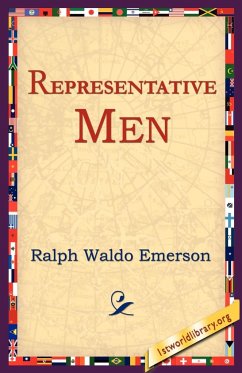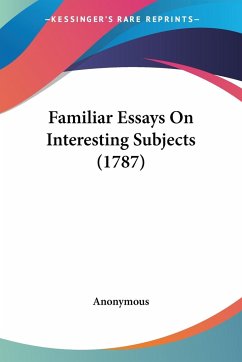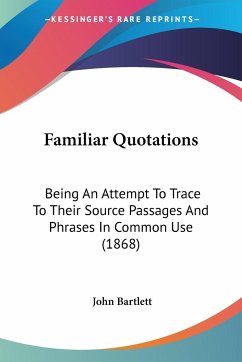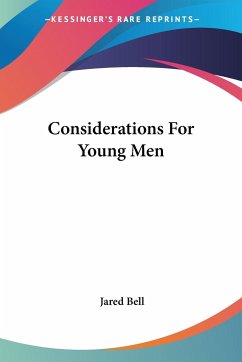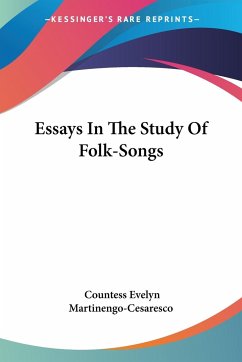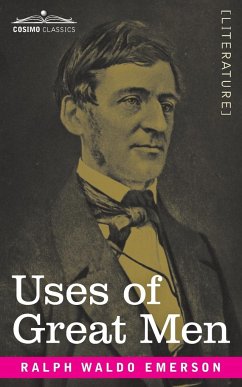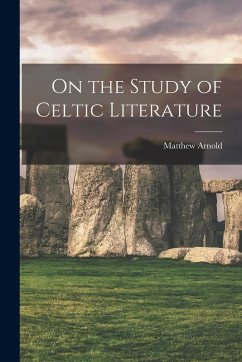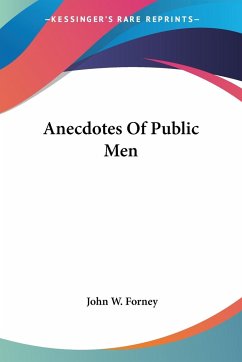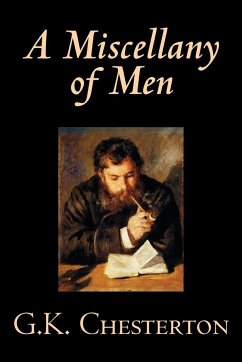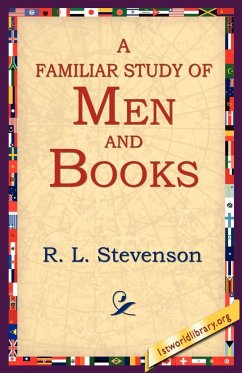
A Familiar Study of Men and Books

PAYBACK Punkte
9 °P sammeln!
Purchase one of 1st World Library's Classic Books and help support our free internet library of downloadable eBooks. Visit us online at www.1stWorldLibrary.ORG - - THESE studies are collected from the monthly press. One appeared in the NEW QUARTERLY, one in MACMILLAN'S, and the rest in the CORNHILL MAGAZINE. To the CORNHILL I owe a double debt of thanks; first, that I was received there in the very best society, and under the eye of the very best of editors; and second, that the proprietors have allowed me to republish so considerable an amount of copy. These nine worthies have been brought to...
Purchase one of 1st World Library's Classic Books and help support our free internet library of downloadable eBooks. Visit us online at www.1stWorldLibrary.ORG - - THESE studies are collected from the monthly press. One appeared in the NEW QUARTERLY, one in MACMILLAN'S, and the rest in the CORNHILL MAGAZINE. To the CORNHILL I owe a double debt of thanks; first, that I was received there in the very best society, and under the eye of the very best of editors; and second, that the proprietors have allowed me to republish so considerable an amount of copy. These nine worthies have been brought together from many different ages and countries. Not the most erudite of men could be perfectly prepared to deal with so many and such various sides of human life and manners. To pass a true judgment upon Knox and Burns implies a grasp upon the very deepest strain of thought in Scotland, - a country far more essentially different from England than many parts of America; for, in a sense, the first of these men re-created Scotland, and the second is its most essentially national production. To treat fitly of Hugo and Villon would involve yet wider knowledge, not only of a country foreign to the author by race, history, and religion, but of the growth and liberties of art. Of the two Americans, Whitman and Thoreau, each is the type of something not so much realised as widely sought after among the late generations of their countrymen; and to see them clearly in a nice relation to the society that brought them forth, an author would require a large habit of life among modern Americans. As for Yoshida, I have already disclaimed responsibility; it was but my hand that held the pen.



![Hours With Men and Books [microform] Cover Hours With Men and Books [microform]](https://bilder.buecher.de/produkte/66/66158/66158350n.jpg)
